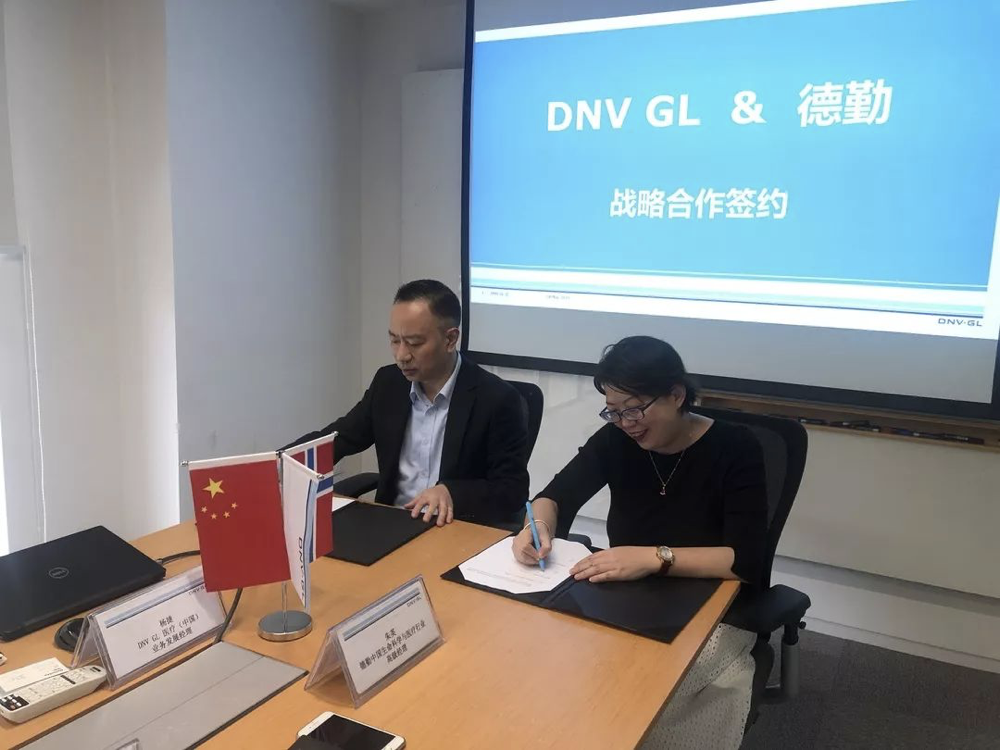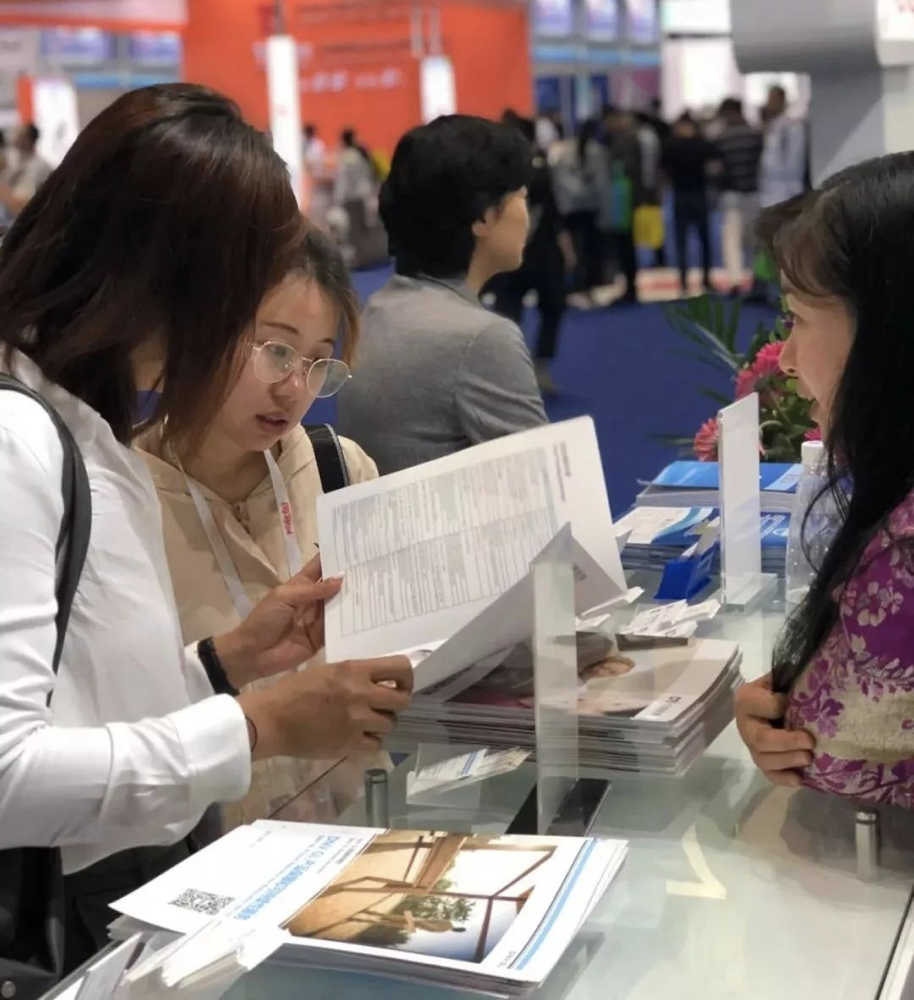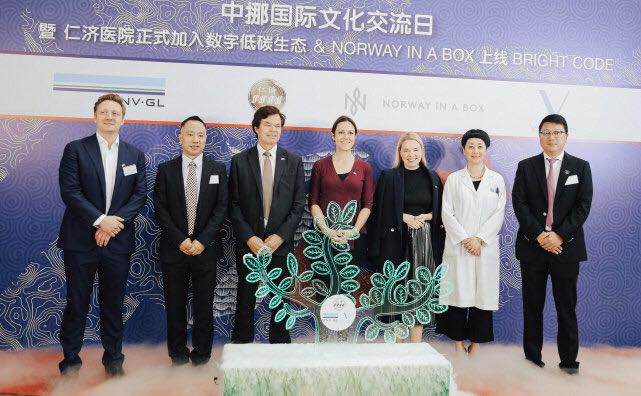One of those weeks where covering the VeChain ecosystem was like a box of chocolates...Major Update: PoA...
VeChain and DNV GL at the Guiyang Big Data Expo
The Guiyang Big Data Industry Expo is one of the biggest technology events of the year in China, and the 2019 edition started with a congratulatory letter from Chinese President Xi Jinping. He declared that China attaches great importance to the development of Big Data, and is willing to share the opportunities of economic development with other countries. Furthermore, by exploring new technologies, formats, and models, they can jointly discover new growth drivers and development plans.
The significance of having President Xi’s blessing should not be missed by global technology experts. With 5G, AI, robotics, Big Data, and blockchain being key themes of the industry expo, it further highlights the commitment China’s central government has towards innovation in emerging technologies. By taking a lead role, the central government can ensure that China remains at the forefront of these industries, putting intense pressure on the rest of the world to keep up or risk being left behind.
Not surprisingly, DNV GL was a central figure at the expo. Business Assurance CEO Luca Crisciotti and Business Assurance Greater China CEO George Kang were both in attendance, with the former speaking in a panel alongside VeChain CSO Mike Zhuang. Their panel, entitled “What is the role of Blockchain on Green Finance” spoke about the pivotal role that blockchain will play in many new economic models, with VeChain and DNV GL’s Digital Low Carbon ecosystem being a great example. “Green Finance” is an area where VeChain (and blockchain in general) is proving its value to regulators by directly contributing to the improvement of society.
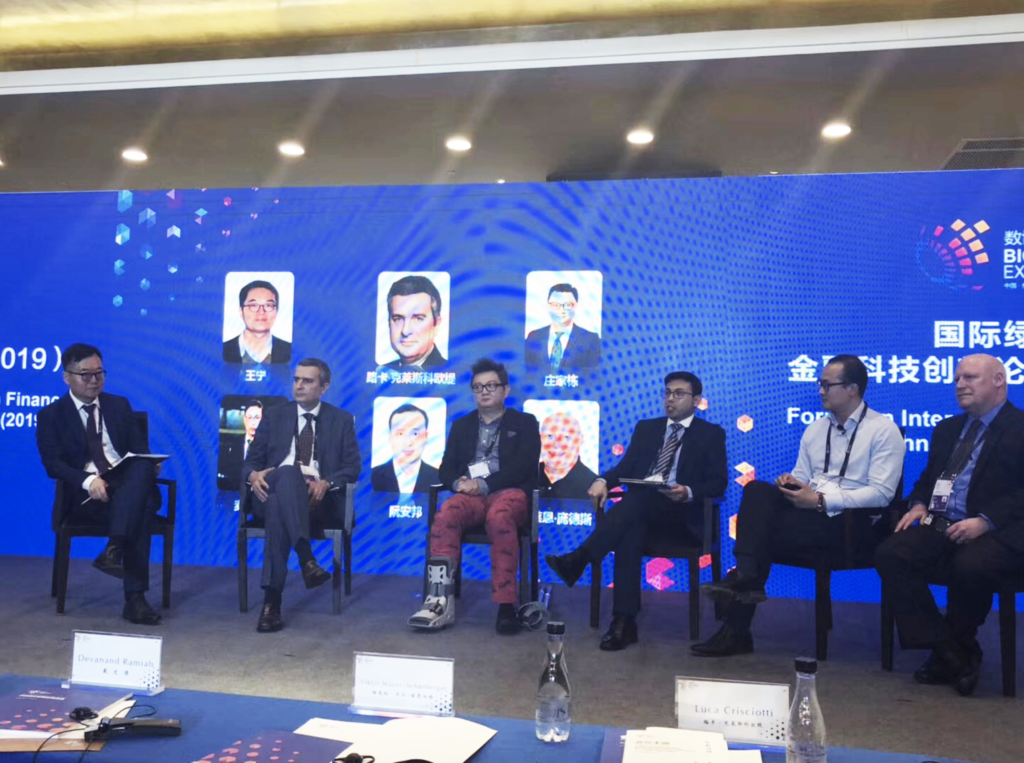
Monday May 27th, VeChain CSO Mike Zhuang takes the stage alongside DNV GL’s Business Assurance CEO Luca Crisciotti.
This year’s event also received a letter from the Secretary General of the United Nations, who noted that Big Data has “great potential to accelerate the achievement of the Sustainable Development Goals.” The UN’s Sustainable Development Goals have recently been the focus of VeChain, who are using blockchain to encourage the reduction of Carbon emissions.

Guizhou Province has been very effective at blending traditional culture with rapid innovation. The home of famed rice-wine producer Moutai, Guiyang is also the home of numerous new technology centers, including the GuiAn New District, a smart city that is exploring blockchain implementation with VeChain. The GuiAn New district was a co-organizer of this year’s event. The event takes place from May 25th – 29th.
Latest Posts
First-of-its-kind marketplace added to Real Items
Over the past weekend (February 22), Real Items launched their NFT-backed marketplace, to sell verified...
Playtable and 8Hours Foundation – Blurring the lines between blockchain and traditional gaming
This is an editorial by Ben Yorke. While I'm a big believer in blockchain's ability to create new business...



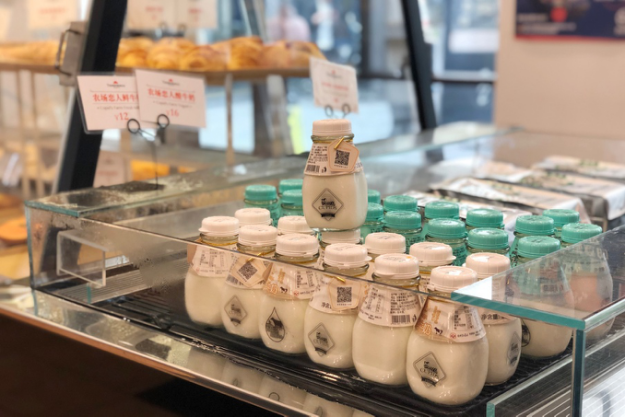 Bright Food’s milk products at Shanghai based supermarket Tenderness
Bright Food’s milk products at Shanghai based supermarket Tenderness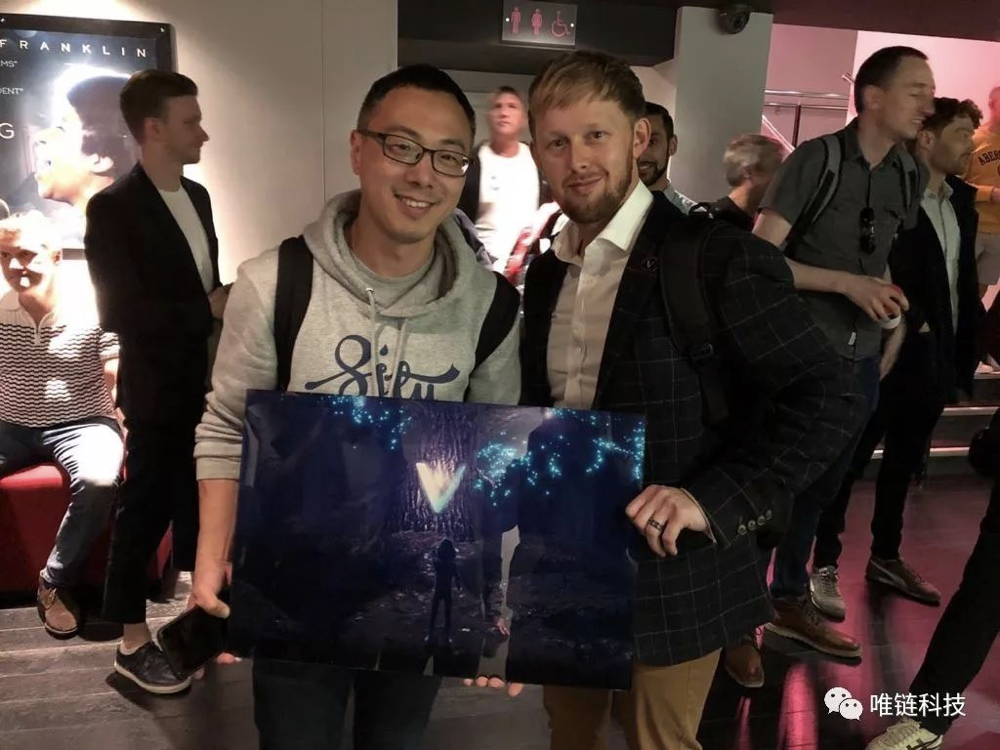 15000vCreative shows off artwork at the London Meetup
15000vCreative shows off artwork at the London Meetup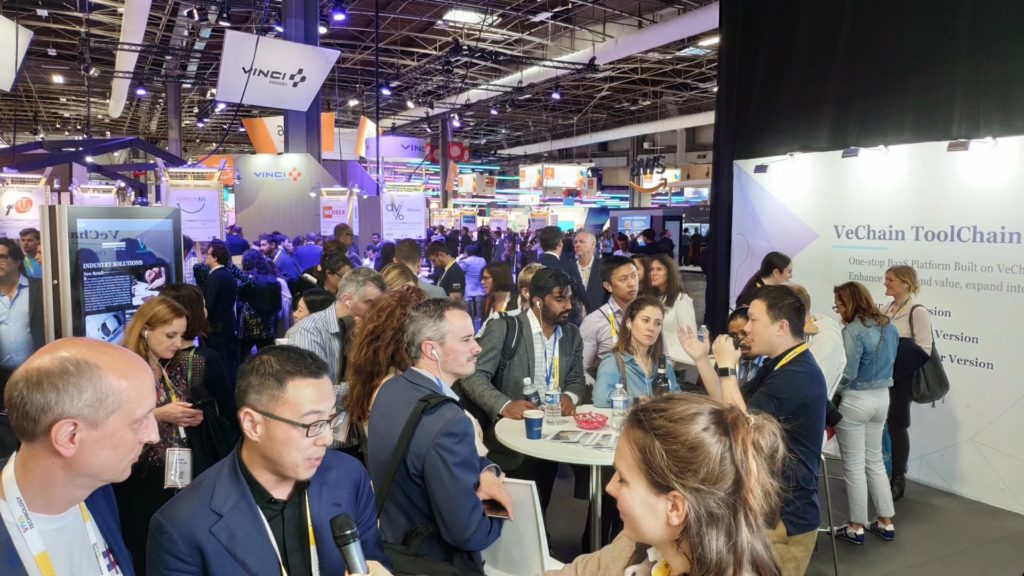 VeChain shows off ToolChain at VivaTech
VeChain shows off ToolChain at VivaTech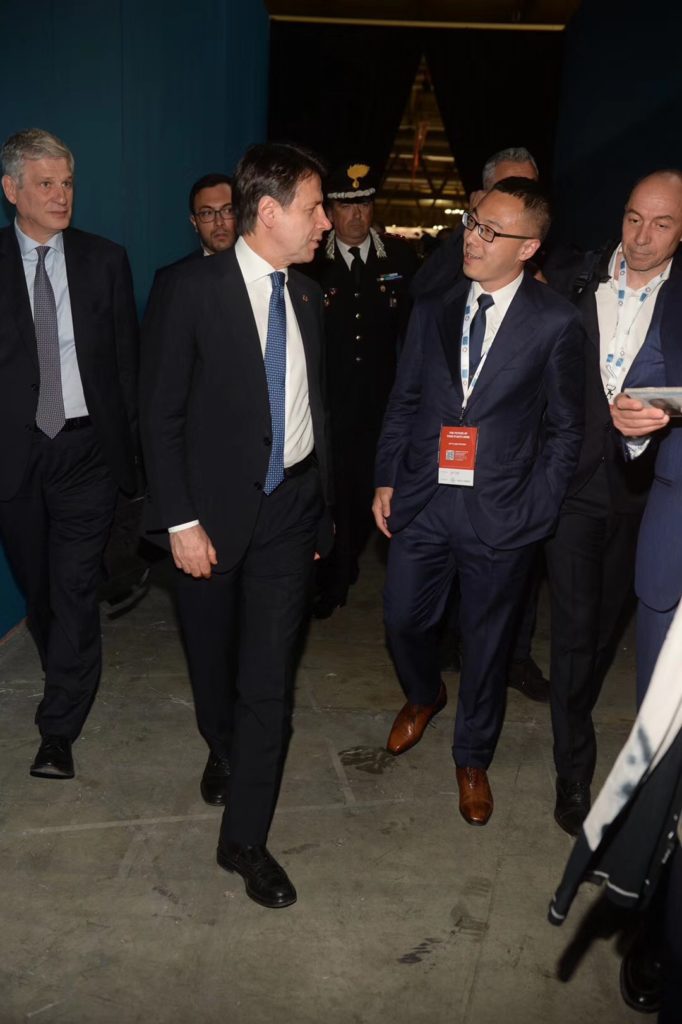 Italian Prime Minister Giuseppe Conte talks with VeChain CEO Sunny Lu
Italian Prime Minister Giuseppe Conte talks with VeChain CEO Sunny Lu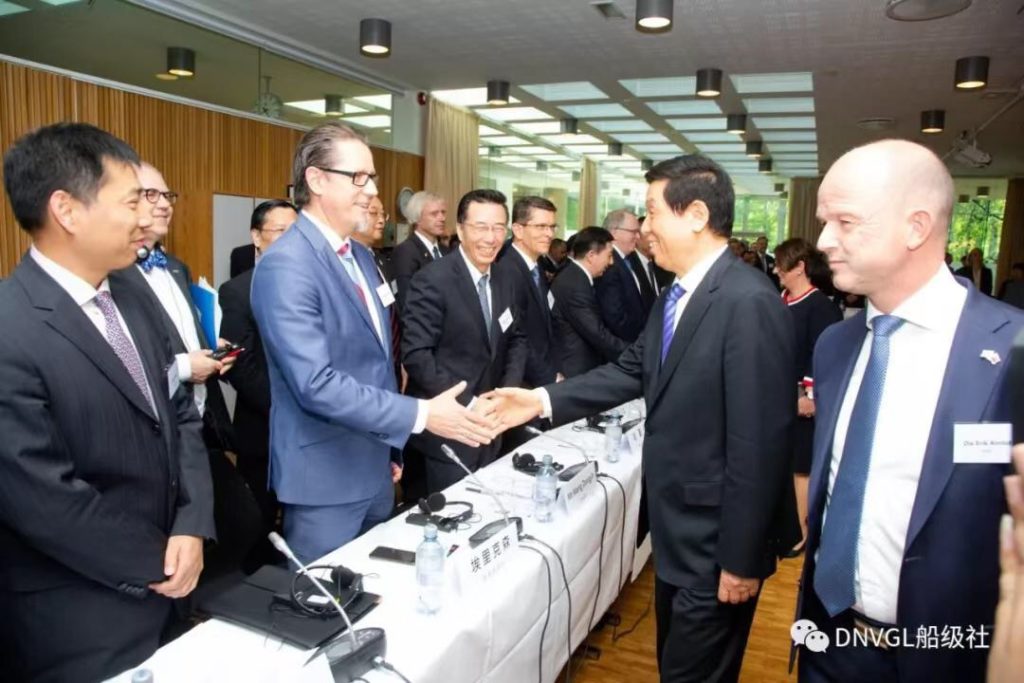 Li Zhanshu shakes hands with DNV GL CEO Remi Eriksen
Li Zhanshu shakes hands with DNV GL CEO Remi Eriksen